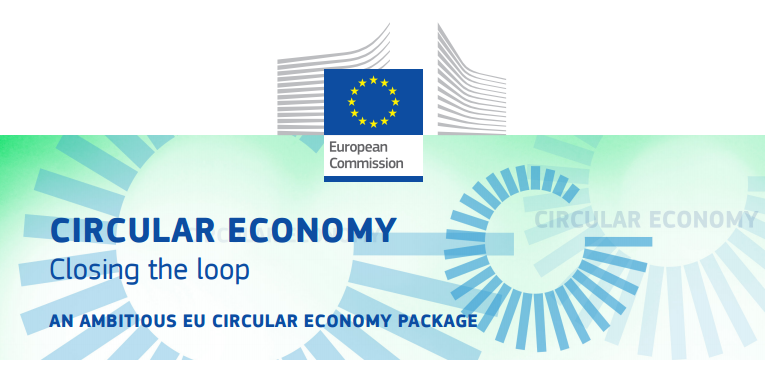On 2nd December 2015, the European Commission (EC) launched the new Circular Economy Package elaborated by the DG Environment. It includes revised legislative proposals on waste to stimulate Europe’s transition towards a circular economy. Its targets are to boost global competitiveness, foster sustainable economic growth and generate new jobs. Within this new package, an action plan has been developed with measures covering the whole cycle: from production and consumption to waste management and the market for secondary raw materials. The actions planned aim to prepare the ground for a wider adoption of circular economy within the European Union (EU) with the adaptation of the legislative frameworks, building of networks, investigating on the current situation for further policy action and communicating to the stakeholders.
 Concerning the biomass and bio-based materials for example, the action plan consists in:
Concerning the biomass and bio-based materials for example, the action plan consists in:
- Guidance and dissemination of best practice on the cascading use of biomass and support to innovation in this domain through Horizon 2020
- Ensuring coherence and synergies with the circular economy when examining the sustainability of bioenergy under the Energy Union
- Assessment of the contribution of the 2012 Bioeconomy Strategy to the circular economy
Concerning innovation and investments, it is planned, among others, from 2016 onwards to:
- Targeted outreach to encourage applications for funding under EFSI (European Fund for Strategic Investments), and support the development of projects and investment platforms relevant to the circular
- Targeted outreach and communication activities to assist Member States and regions for the uptake of Cohesion Policy funds for the circular economy
- Support to Member States and regions to strengthen innovation for the circular economy through smart specialisation
With the launch of the new package, circular economy is expected to have a growing role in the EU policy in the coming years. Relevant for all economic sectors, circular economy can help mountain actors to develop sustainably their territories. It offers a new conceptual frame to apply systematic approaches to territorial development and to identify new opportunities. This is especially true for agriculture and forestry. The EIP-AGRI already started to think of the role of agriculture and forestry in the circular economy. On 28-29 October 2015, they organised the workshop ‘Opportunities for Agriculture and Forestry in the Circular Economy’. We invite you to have a look to the workshop report that compiles the outcomes of the reflection.
The detailed information on the Circular Economy Package is available here.
15 February 2016









